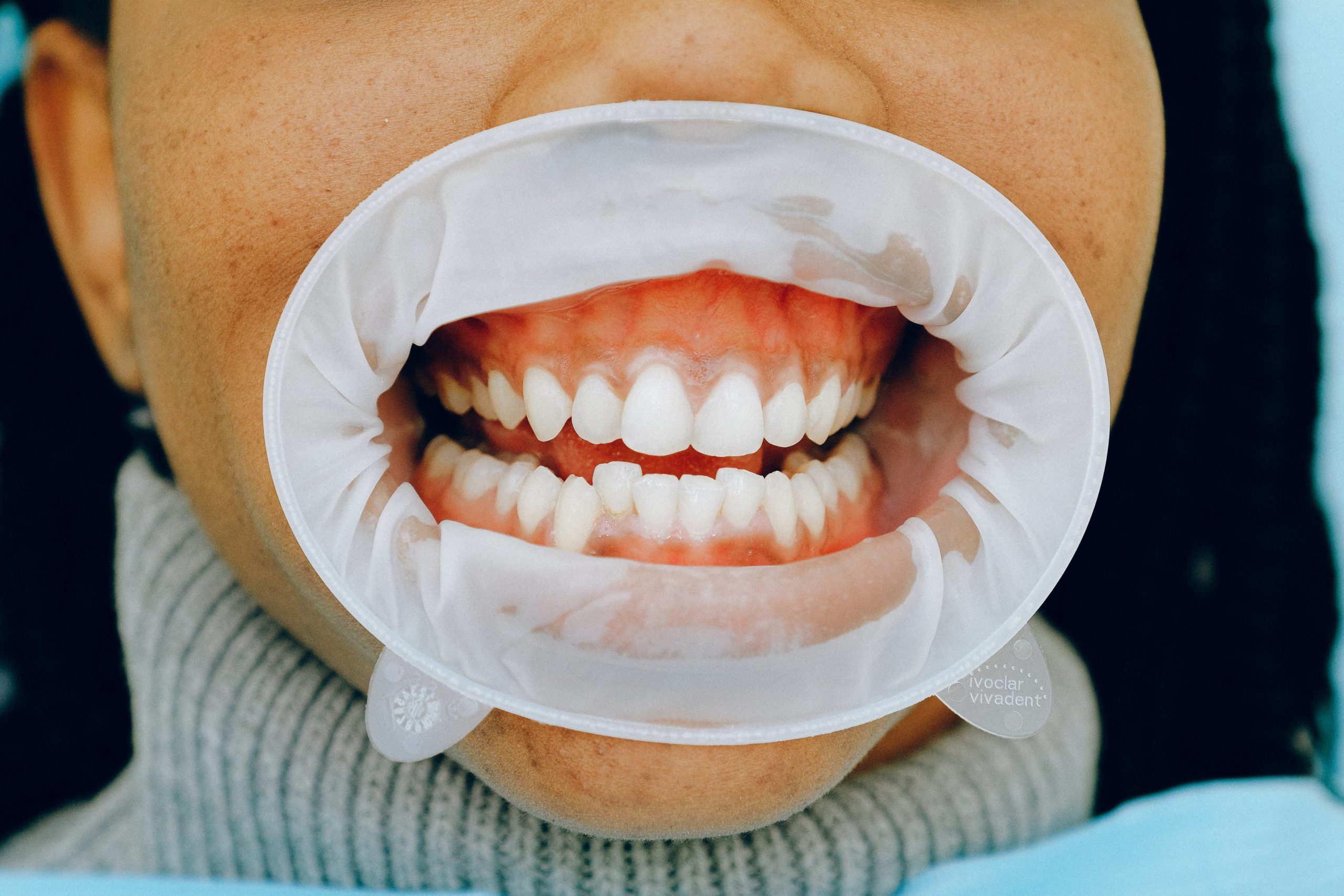Good oral hygiene is a must, but too many of us don’t commit to the regular cleaning or dental checkups necessary to keep our smile pearly white. Cavities are not your only issue, either. Gum disease can become so severe it affects your jaw and causes you to lose teeth entirely. You might need Dental Implants Perth services in that case. Knowing how to spot, prevent, and what treatments are available is a must for adults everywhere, of whom most will have gum disease at one stage or another.
What is Gum Disease?
Gum disease occurs when bacteria grows in the gums and around the teeth. It’s usually kept in check due to the body’s defenses, but if there is plaque and especially tartar around your teeth and gums, then the bacteria has a launching point to cause real damage.
There are many stages of gum disease, starting with gingivitis, which exhibits as bleeding gums and bad breath. If not treated, the issue can be so severe that your jaw bone may be damaged, spaces can open up between the gums and your teeth, and you can lose your teeth entirely.
What Causes Gum Disease?
Though gum disease always, without fail, starts with a build-up of plaque on the teeth, which then hardens and becomes tartar, many factors can increase your risk. Diabetes, hormonal changes, certain illnesses, some medications, and of course, genetics all play a part in the likelihood of you developing gum disease.
The good news is that with the right habits, even those more perceptible to developing gum disease can avoid it and keep their teeth and gums healthy.
What Signs of Gum Disease Do Doctors Look for?
You can learn more about the signs of gum disease that your doctor or dentist looks for, but generally speaking, gum disease will present itself as bad breath, inflamed, receding, or bleeding gums, sensitive, or even cause your teeth to loosen.
How to Prevent Gum Disease?
To prevent gum disease, you need to keep removing plaque from your teeth. Plaque, as stated before, can and does turn into what is called tartar. Tartar is a hardened substance that cannot be removed with regular at-home tools and must be removed with professional dental tools and a certified dentist.
Regular brushing, flossing, and dental cleaning appointments are all very effective at preventing gum disease from taking hold.
How is Gum Disease Treated?
What do you do if you already have gum disease? You see a dentist, where they may use one of the many treatment options available. To start, scaling and polishing, where your dentist will scrape away the tartar and plaque, as well as polish your teeth to remove stains and other issues.
If your gum disease is more advanced; however, your dentist may use root planning, which is used when bacteria needs to be removed from the root of the tooth. It is a very, very thorough cleaning process that requires a local anesthetic to numb the area.
For the most serious cases of gum disease, however, there is surgery. You may need gum grafting, laser treatment, dental implants, and even plastic surgery to fix and improve the look of your teeth after they have been wrecked due to gum disease.

